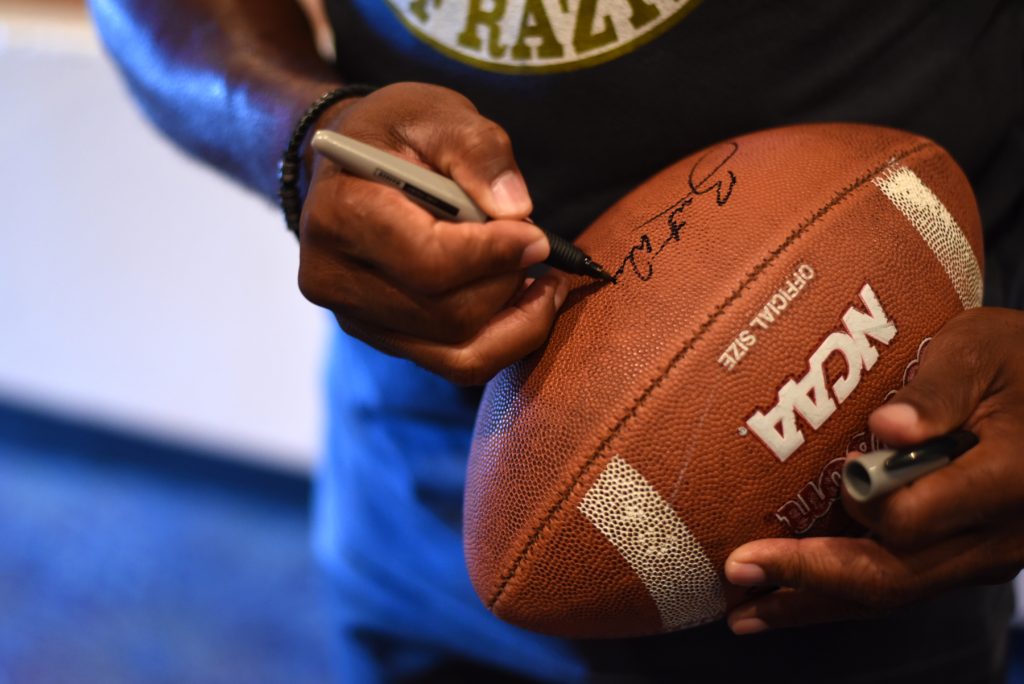The Vital Role of College Sports
College sports do more than entertain; they serve as a critical lifeline for many young individuals who otherwise would not find a means to escape their challenging backgrounds.
The Historical Context
In the early 1900s, Teddy Roosevelt confronted a grim reality: college football fields were filled with injuries and fatalities. He took decisive action, summoning university leaders to the White House and ultimately initiating the formation of the National Collegiate Athletic Association (NCAA), which has transformed determined athletes into Olympians and graduates.
Personal Experience and Its Broader Impact
Having experienced college football firsthand, I understand the physical toll it can take, from strained lungs to broken limbs. Yet, the scholarship I received opened doors for a brighter future. For millions of others, college sports represent not just an education, but a path towards opportunities, including participation in the Olympics. American intercollegiate sports, especially for women, are unparalleled globally, proving their significance in athletics.
The Current Crisis
However, today the foundation of college sports is in jeopardy. Initially founded on amateur ideals, it has evolved into a multibillion-dollar industry, with powerful conferences like the SEC and Big Ten threatening to disrupt its core. Their claims of advocating for athlete fairness and system stabilization are misleading; it’s a guise for a heist that endangers the existence of sports that lack visibility, like gymnastics and swimming.
The Economic Dilemma
While the spotlight shines on lucrative NIL deals and the transfer portal, the real danger to college sports lies in the economic structure. The revenue generated from football and men’s basketball accounts for the majority of funds necessary to support non-revenue sports. If universities direct excessive resources toward select sports, those that provide invaluable opportunities for countless student-athletes may fade away.
The Bigger Picture
Although it is essential that players receive fair compensation—a stance I support wholeheartedly—resolving this issue is complicated. Currently, the NCAA resembles a cartel operating on an outdated model, facing increasing legal challenges. While these challenges are legally justified, the ramifications could severely impact aspiring athletes who rely on these programs.
A Call for Change
As influential conferences lobby Congress for antitrust exemptions to protect themselves from lawsuits, it’s crucial to scrutinize their motives. Allowing these powerful entities to dominate could transform college sports into an exclusive arena, diminishing opportunities for the majority of student-athletes. The focus should be on fair compensation for athletes while promoting a balanced economic structure that sustains all sports.
It’s time to fight for those being overlooked, to build a sustainable framework that supports true competition in college athletics. This fight is not about partisan politics; it’s about safeguarding the fundamental principles that keep college sports a nurturing ground for future talent.



